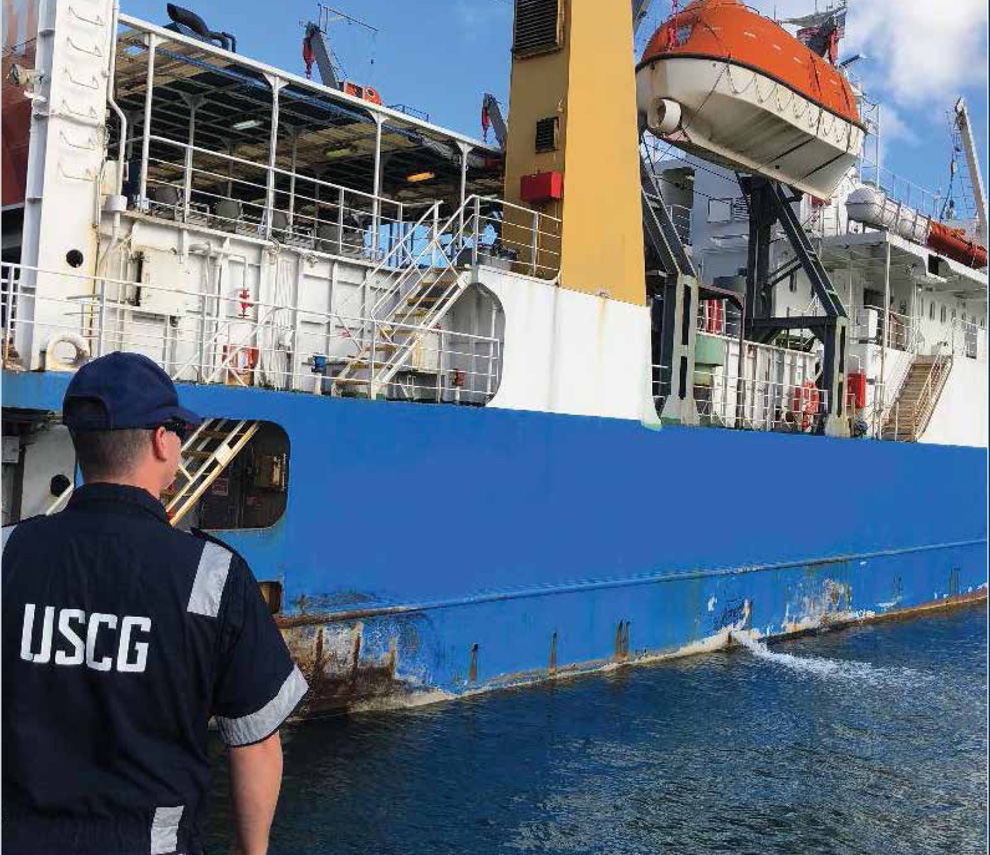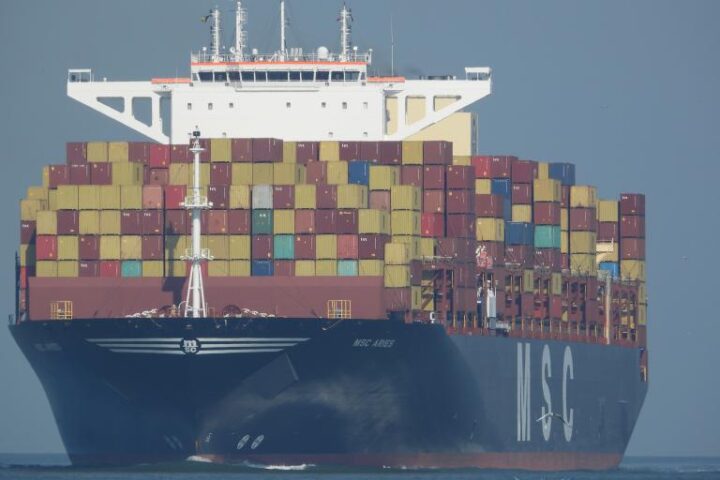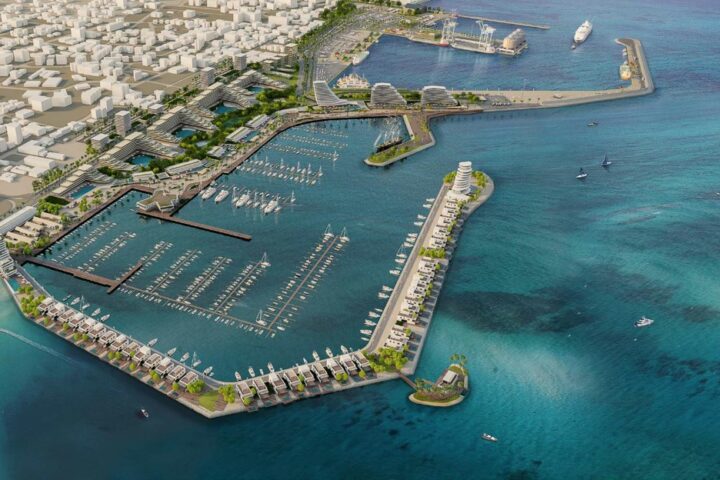The Cyprus Flag Administration has been removed from the US Coast Guard’s targeted flag list after maintaining stringent onboard safety standards for all Cyprus-registered ships, with only one vessel retained in an American port during the past three years.
Presenting the USCG Port State Control annual report on the enforcement of SOLAS, MARPOL, ISPS Code and other international conventions on foreign vessels trading in U.S. port, Rear Admiral Richard V. Timme said: “in 2019, we conducted 8,622 SOLAS safety exams with a total of 97 detentions and seven ISPS control actions.”
“The annual detention rate of 1.12% is a slight decrease over last year. However, the three-year rolling average detention ratio increased slightly from 1.06% to 1.08%.”
The USCG report said that the flag administration safety performance for 2019 remained steady, with Cyprus, India and Turkey removed from the Targeted Flag List for 2019.
Cyprus was ranked more favourably than other flags, such as Greece, Liberia, Malta and Panama, which had a “detention ratio between the overall average and up to two times the overall average”.
The Cyprus Shipping Deputy Ministry said that the three-year average detention ratio of its vessels for the 2017-2019 period was 0.96% compared to an average USCG ratio of 1.08%.
In 2019, the annual detention ratio of Cyprus ships was reduced to 0.55%, down from 1.79% in 2018, while the USCG’s 2019 ratio was 1.12%.
Whilst this may lead to fewer inspections for Cyprus vessels at US ports, it adds to the flag’s status as a high-quality flag which is consistently part of the “white lists” of the Paris and Tokyo MoUs, the junior ministry said.
It said this was the result of a comprehensive National Shipping Strategy aimed at cementing its position as one of the world’s top flag administrations and as a leading shipping cluster.
Delighted with the announcement, Deputy Minister Natasa Pilides revealed that as part of the junior ministry’s ongoing reform programme, “an automated port state control system, as well as an online ship registration application, are also under development, aiming to further reduce bureaucracy and enhance our one-stop service.”
Pilides said the Shipping Deputy Ministry will continue to focus on providing tailored, trusted services to all collaborators while ensuring safety, security and environmental protection.
“Over the past few years, the Deputy Ministry has introduced a host of new applications on its website ranging from the electronic seafarers’ management system to the electronic verification of certificates, the online submission and management of tax returns, a tax calculator and an interactive career platform for seafarers.”
On March 1, port state control authorities around the world began to enforce the International Maritime Organisation’s (IMO) fuel carriage ban, whereby ships without a scrubber cannot carry high sulphur bunker fuel anymore, the online portal Splash 247 reported.
Major port state regimes including the Paris MoU, Tokyo MoU and the U.S. Coast Guard, have made it plain that they will rigorously enforce the requirements, the report said.
The US Coast Guard also welcomed the flag administrations of Cyprus and the Republic of Korea after becoming eligible for the QUALSHIP 21 E-Zero programme (QS21).
“It recognises those exemplary vessels that have demonstrated an exceptional commitment to environmental stewardship and have quickly become the ultimate benchmark for environmental compliance recognition in the maritime industry.”









